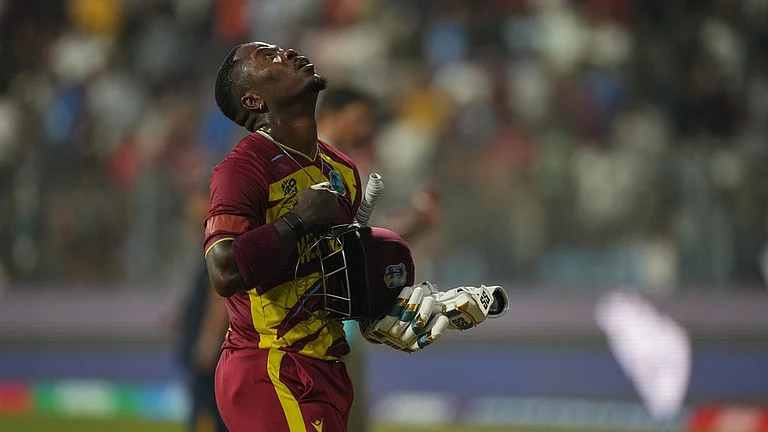The bilateral meeting between Prime Minister Narendra Modi and US President Joe Biden hours after he landed in India on Friday reaffirmed much of what had been already worked through during the June meeting between the two leaders.
The US is going all out to back India’s presidency of the G20. With the Chinese President opting out of the summit, the effort is to show that the absence will not cast a shadow on the proceedings. Moreover, Xi is being represented by Premier Li Qiang. New Delhi has been working towards including the African Union as a member of G20, to give voice to the needs of the developing world. Since the days of the anti-imperialist struggle, New Delhi has sought to be the voice of the Global South. And Prime Minister Modi has made African involvement the center of India’s presidency. India’s suggestion has been accepted by nearly all members and this will be New Delhi’s most important contribution to the G20 presidency.
Joe Biden on his part is extending all support to India including the African Union in G20. This is not surprising at a time when the US wants to challenge China’s growing clout in Africa and claim that Washington is best suited to make a difference in the continent. Biden has been hammering the point that it is the US and its transparent development assistance that can transform lives and not the opaque Chinese funds that bleed the economy and lead to debt traps for the country receiving aid.
China has been working with African nations for decades and has poured in millions of dollars in aid and investments. Xi Jinping’s Belt and Road Initiative, is a big hit in the African continent. The US is now going all out to compete with China in the Global South and Delhi with its connection with African nations can be an able partner.
Biden is now echoing the developing countries on the need to reform the western financial institutions like the World Bank and the IMF so that they can better assist vulnerable countries to repay debts. The COVID-19 pandemic and the ongoing Ukraine war have ruined many African economies and caused large-scale distress. Biden has asked the US Congress for two billion dollars to fund the World Bank and IMF to assist the Global South.
"As we head into the G20, we’re looking forward to an opportunity to engage on a range of what we think are really significant issues facing all of the major economies of the world. And that goes from climate to energy security, to food security, to global macroeconomic stability, to being able to deliver public goods to people everywhere through ambitious initiatives like the World Bank reform initiative that President Biden has been working on. And so, we think this will be a — an important milestone moment for global cooperation at a critical time,’’ US National Security Advisor Jake Sullivan told the US travelling media on Thursday.
According to reports in the American press, Washington is keen to raise $600 billion by 2027 for the Partnership for Global Infrastructure and Investment, a U.S.-led alternative to the Belt and Road. So, through the summit, Biden will be championing the Global South, and heap praise on PM Modi for raising the problems of the developing world.
India and the US are on the same page on much of this. Last evening’s bilateral meeting between Modi and Biden took forward much of what was agreed on during the Indian PM’s visit three months ago.
The joint statement issued after the talks noted the steps taken forward to implement the decision taken three months ago in Washington. As is well known, technology transfer has always been a sticking point in defence ties between Washington and India. In the past the Americans had never trusted India, considering the two were on opposite sides through the Cold War. But that trust deficit has now vanished and relations between India and the US have never been better. Defence ties have grown with India signing foundational agreements needed to collaborate with the US.
The joint statement issued after the meeting noted that, "The US President welcomed the issuance of a Letter of Request from India's defence ministry to procure 31 MQ-9B remotely piloted aircraft from American defence giant General Atomics." The letter from the Indian side will help to take forward the commitment. The US on its part has also done its bit: "Congressional notification process and the commencement of negotiations for a commercial agreement between GE Aerospace and Hindustan Aeronautical Limited (HAL) to manufacture GE F-414 jet engines in India.’’
The cherry on the cake arrived with news from Washington that India and the US had resolved a long-standing dispute over poultry at the WTO. New Delhi will now reduce tariffs on frozen poultry and agricultural products like berries, and open a section of the Indian market to US farmers. The resolution will clear the air between the two countries as agricultural imports have always been zealously guarded by governments to protect farmers.
All of this merely highlights the tectonic shift in ties between India and the US, since the signing of the civil nuclear accord.



























